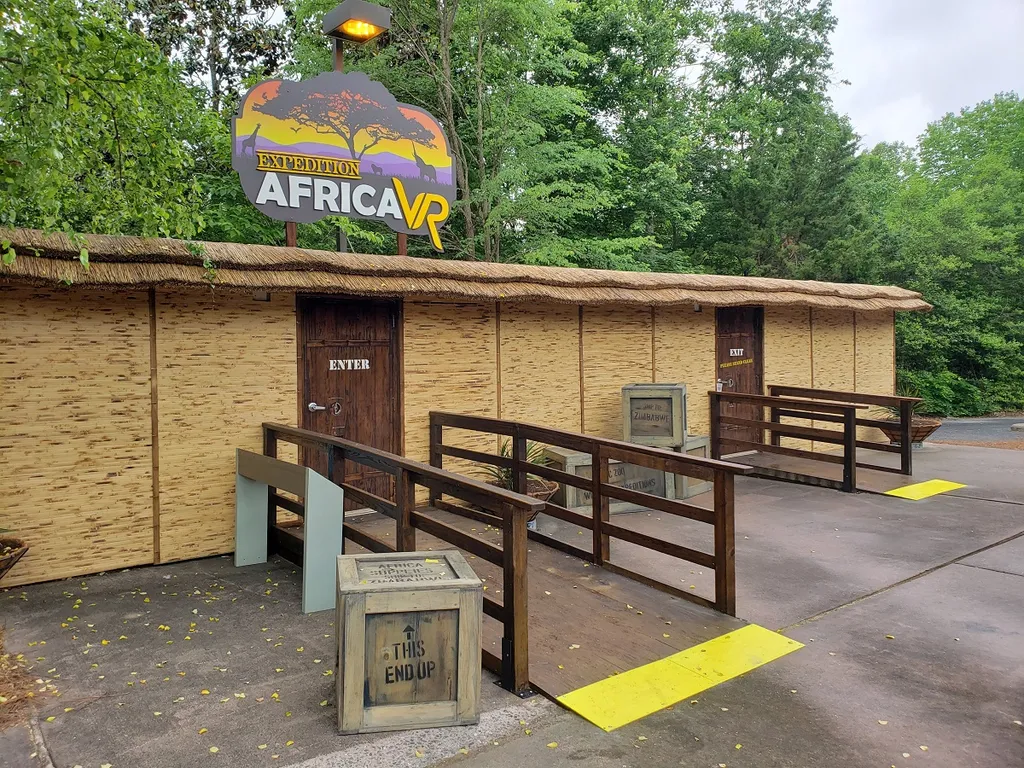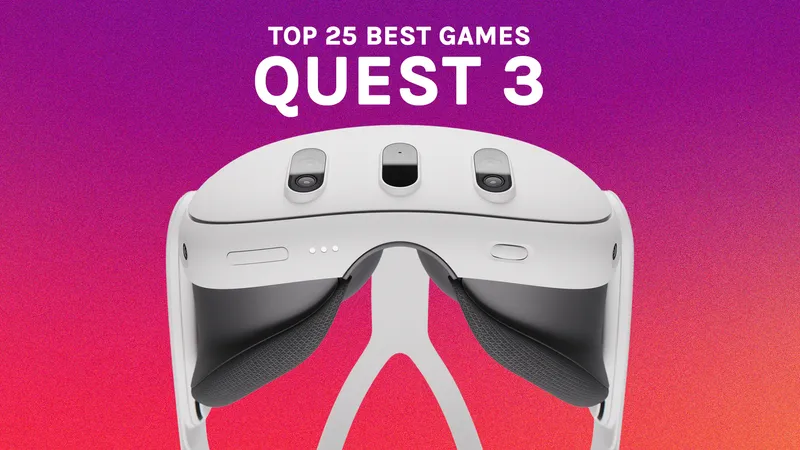One of the simplest understands of virtual reality is the ability for the software and hardware to transport users to worlds different from their own, whether some wild fictional creation or a real destination on the other side of the globe. The North Carolina Zoo is partnering with Looking Glass to enhance their offering of exotic animals by giving visitors a chance to go on a virtual expedition in Africa.
Looking Glass is a North Carolina-based company that specializes in delivering VR content for businesses. Their services include 360-degree media production, VR/AR app dev, consultation, 3D virtual tours, and location based events. You can see a preliminary sample video of the Zoo expedition here.
The North Carolina Zoo has a wealth of habitats for different animals, including a few from Africa. The zoo features lemurs, African lions, red river hogs, baboons, and more. The Expedition Africa VR application, however, gives patrons a look at rhinos, elephants, and meerkats in an environment they’re more comfortable in.
Visitors can step into a themed area at the North Carolina Zoo and put on Oculus Go VR HMDs before being transported to Africa in the experience. The attraction is $3 per person and the zoo organizers anticipate that they will server roughly 2,000 visitors per week. The teaser for the virtual expedition will be playing on a loop around the zoo, so hopefully it will attract even more visitors. Not only is this an avenue for people of all ages to be introduced to VR, this could spark an idea that brings VR into local classrooms.
If successful, Looking Glass has already identified 40-50 other interested locations.
Expedition Africa VR captures 13 exotic African animals in 360 video and, at its most extreme, may inspire zoos to switch up their formats. Virtual reality has incredible potential for real-world impact and this is just one of the many examples of how it can be used as an educational tool.






























